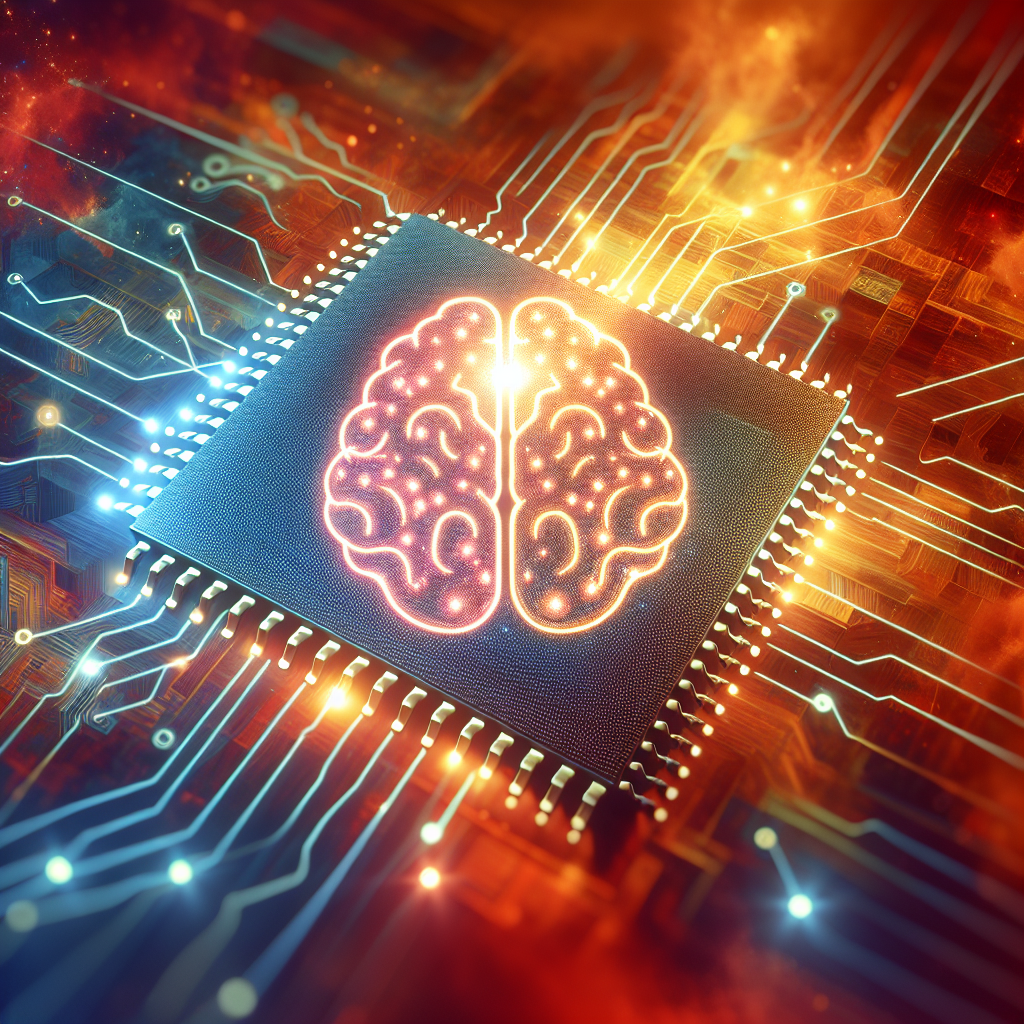Artificial intelligence (AI) has been making waves in various industries, from healthcare to finance. One area where AI has the potential to revolutionize is mental health. With the increasing prevalence of mental health disorders globally, there is a growing need for innovative solutions to improve access to mental health care and provide personalized treatment options. In this article, we will explore the use of AI in mental health and how it is transforming the way we approach mental health care.
AI in Mental Health: An Overview
AI refers to the simulation of human intelligence processes by machines, particularly computer systems. In the context of mental health, AI can be used to analyze and interpret large amounts of data, identify patterns and trends, and provide insights that can help diagnose and treat mental health disorders.
One of the key benefits of using AI in mental health is its ability to provide personalized and timely care to individuals. By analyzing data such as patient history, symptoms, and treatment outcomes, AI algorithms can help clinicians make more informed decisions about treatment options. This can lead to more effective interventions and improved outcomes for patients.
AI can also be used to monitor patients remotely, through the use of wearable devices and smartphone apps. These tools can collect data on a patient’s behavior, activity levels, and mood, and alert clinicians to any changes that may indicate a worsening of symptoms. This can enable early intervention and prevent crises before they occur.
Additionally, AI can be used to develop virtual assistants and chatbots that can provide support and guidance to individuals with mental health disorders. These tools can offer resources, coping strategies, and information on mental health conditions, and can be available 24/7 to provide assistance whenever needed.
Challenges and Limitations
While the use of AI in mental health holds great promise, there are also challenges and limitations that need to be addressed. One of the main concerns is the potential for bias in AI algorithms. If the data used to train these algorithms is not diverse or representative, it can lead to biased outcomes and inaccurate diagnoses. It is crucial to ensure that AI systems are trained on a wide range of data to avoid perpetuating existing biases in mental health care.
Another challenge is the need for regulatory oversight and ethical guidelines to govern the use of AI in mental health. As AI technology continues to advance, there is a need to ensure that patient data is protected, and that AI systems are used in a responsible and transparent manner.
Additionally, there is a concern about the potential loss of the human touch in mental health care. While AI can provide valuable insights and support, it is essential to maintain a human connection between patients and clinicians to ensure that individuals receive the emotional support they need.
FAQs
Q: Can AI replace human clinicians in mental health care?
A: While AI can provide valuable support and insights, it is unlikely to replace human clinicians entirely. The human touch is essential in mental health care, and clinicians play a crucial role in providing emotional support and empathy to patients. AI can augment the work of clinicians and help improve outcomes, but it is not a substitute for human interaction.
Q: Is AI in mental health secure and private?
A: Data privacy and security are paramount when using AI in mental health. It is essential to ensure that patient data is protected and that AI systems comply with regulatory requirements such as HIPAA. Clinicians and researchers must also adhere to ethical guidelines and best practices to safeguard patient information and maintain confidentiality.
Q: How can individuals access AI-powered mental health tools?
A: There are a growing number of AI-powered mental health tools and apps available to individuals. These tools can be accessed through smartphones, tablets, and computers, and can provide support and resources to individuals with mental health disorders. It is essential to choose reputable and evidence-based tools and consult with a clinician before using any AI-powered mental health intervention.
In conclusion, the use of AI in mental health has the potential to revolutionize the way we approach mental health care and provide support to individuals with mental health disorders. By leveraging the power of AI to analyze data, provide insights, and develop innovative tools, we can improve access to care, personalize treatment options, and enhance outcomes for patients. However, it is crucial to address challenges such as bias, privacy, and ethical considerations to ensure that AI is used responsibly and effectively in mental health care. With continued research and collaboration between clinicians, researchers, and technologists, AI can be a valuable tool in the fight against mental health disorders.

